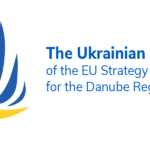During the COVID 19 pandemic, the tourism sector suffered one of the deepest crises ever. The statistics showed a steep decline in the number of international and domestic tourists’ arrivals, while hotels were closing and qualified personnel was running out of jobs.
Under these circumstances, the macro-regional strategies became important actors in rebooting the tourism industry. Their existing networks of experts and stakeholders mobilized to provide support in identifying possible transnational solutions for restarting tourism in a sustainable way.
EUSDR Priority Area 3 – Culture and tourism, jointly coordinated by Bulgaria, Romania and recently Montenegro, was part of the collective efforts to support dialogue among stakeholders with the goal to minimise the economic and social losses and facilitate best practice exchanges.
The first step of the process was a campaign developed among #EUSDR PA 3 Steering Group members to collect best practices on tourism sector recovery within the partner states. The findings were shared during the Steering Group meeting organised in July 2020, when representatives of the European Commission and of the other macroregional strategies also joined to discuss potential concrete measures on short and medium term to approach the issue.
Further discussions were held in cross-macroregional context during the 5th edition of the Mediterranean Coast and Macro-regional Strategies Week 2020. During the event, representatives of PA 3 presented possible priorities depicted from preliminary internal consultation results (mapping the impact on tourism flow and employment, adapting to consumer patterns, increasing the resilience of places dependent on tourism etc.) and pointed out the opportunities offered by the new programming period.
In March 2021, PA 3 organised “Post COVID-19 leave no-one-behind recovery solutions” event, aiming at providing the EUSDR perspective on the measures to be taken, while focusing on securing the financing for tourism in the forthcoming period. As part of the embedding process, the representatives of PA3 carried out a case study analysis of the Regional Operational Programme in Romania to support proposals and guide discussions with the managing authorities and the line ministries on the immediate needs of Culture and Tourism for the 2021-2027 programming period.
The response of PA 3 to the tourism current situation generated by the pandemic is a relevant example of how macro-regional activities can be adapted to promptly respond to unforeseen challenges. More activities will be developed by PA 3 in the near future to facilitate cooperation for sustainable tourism in the Danube Region.
Photo: Shutterstock




